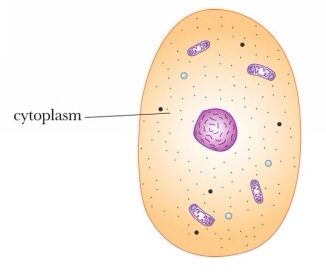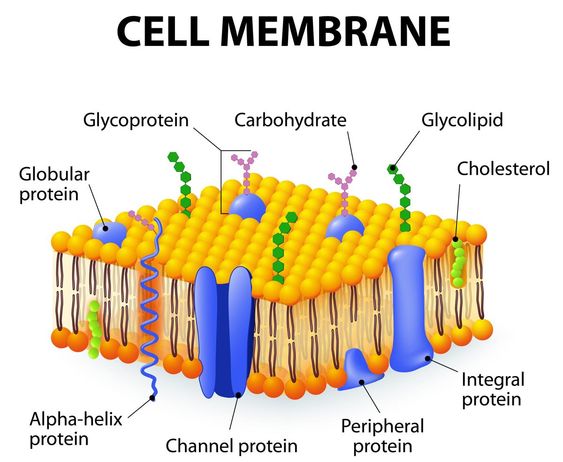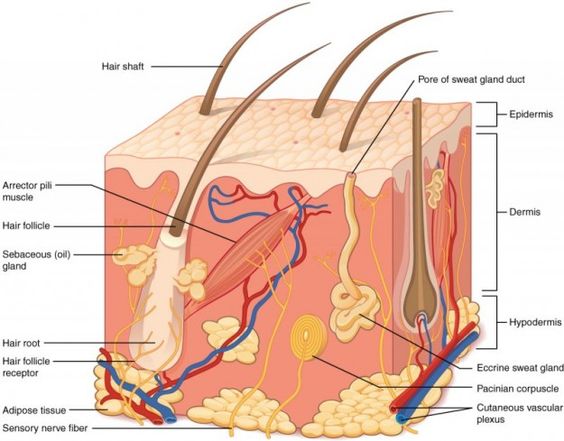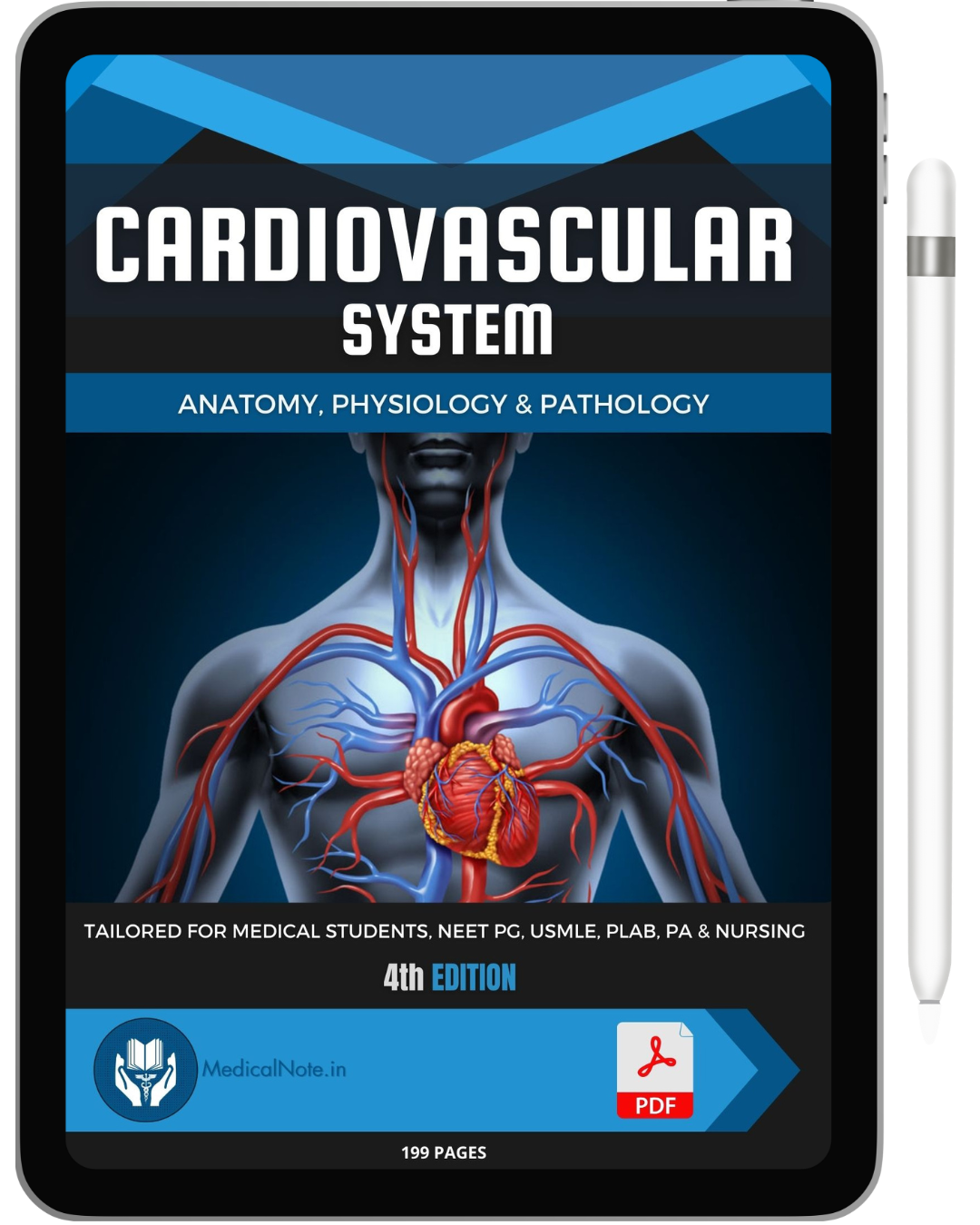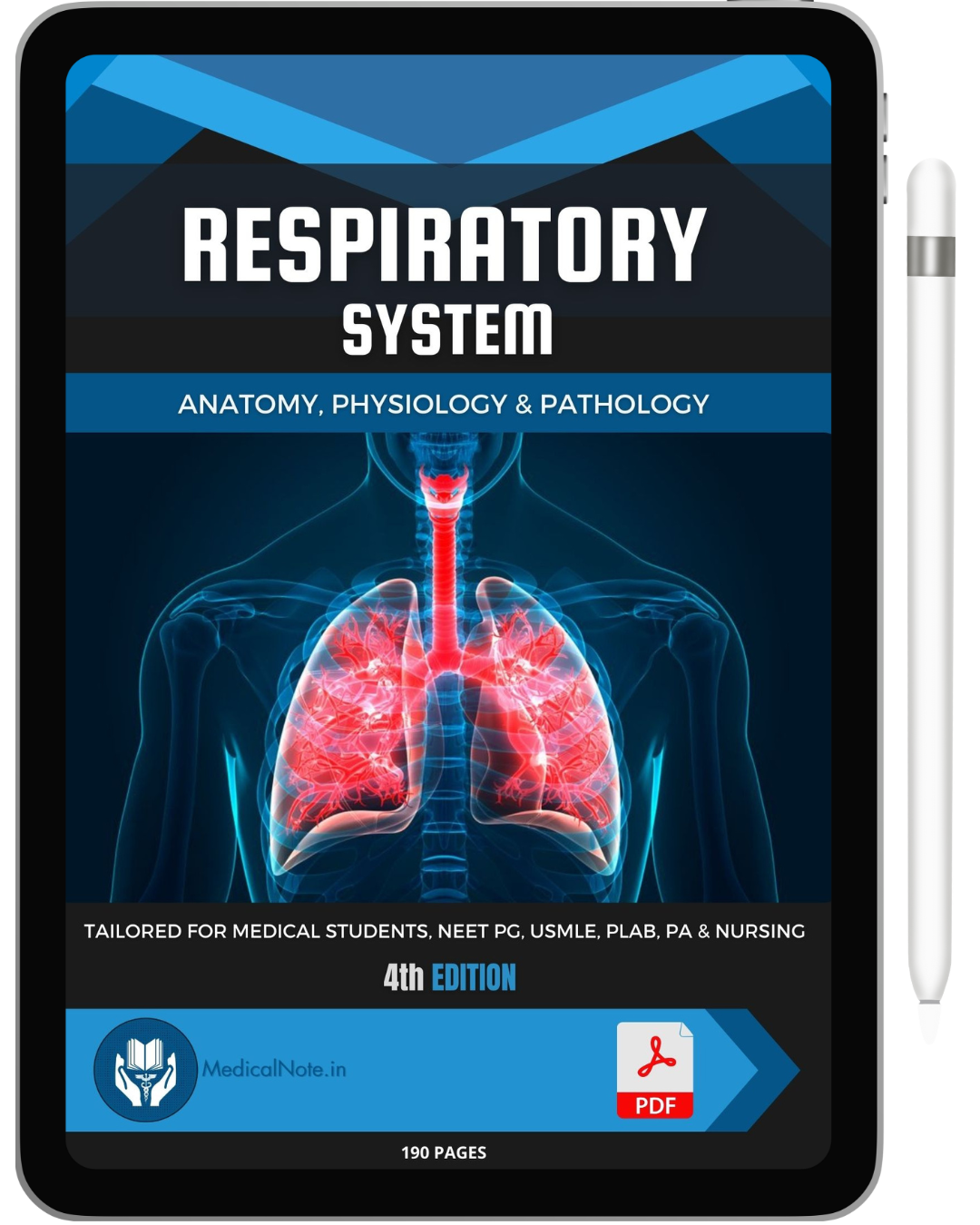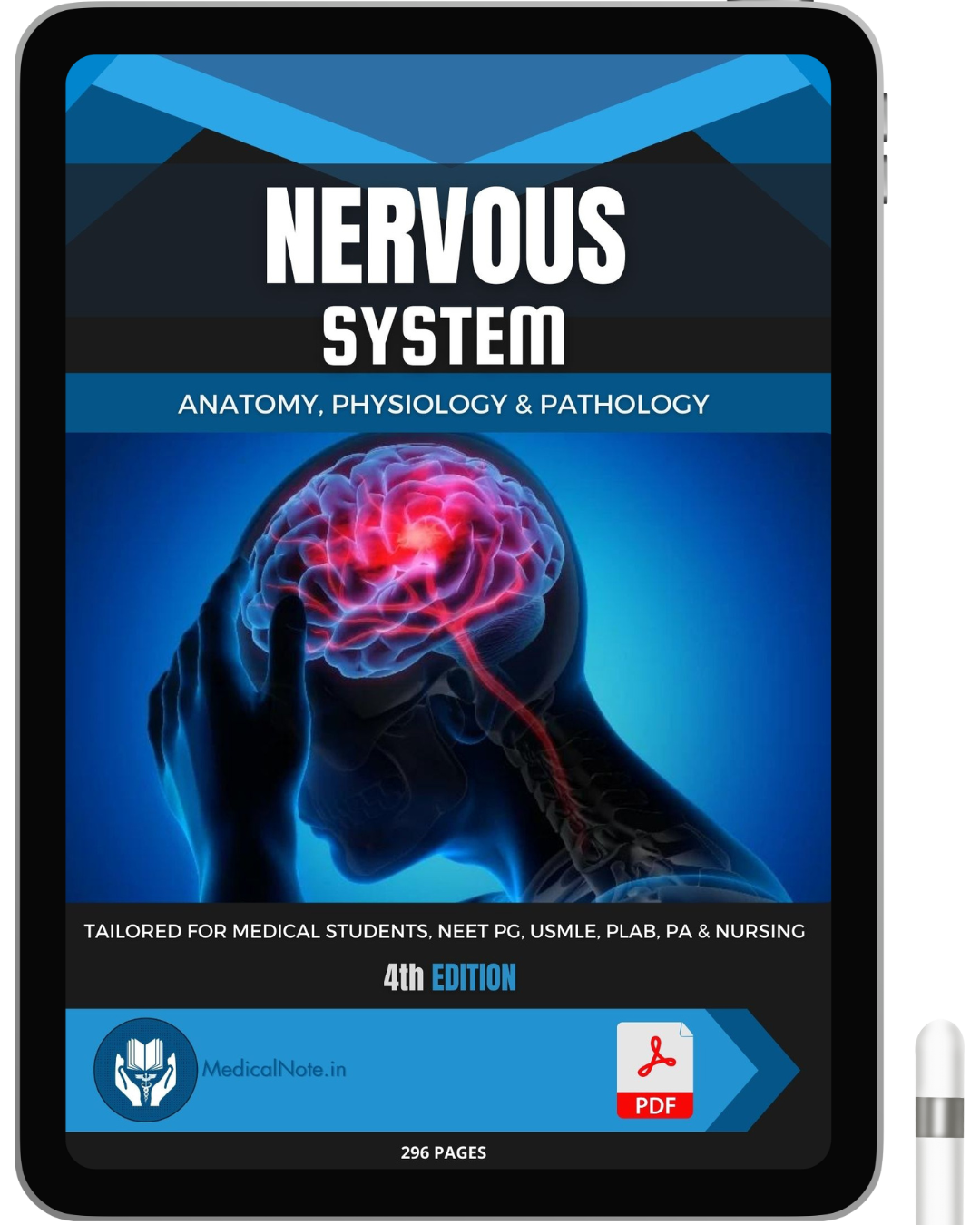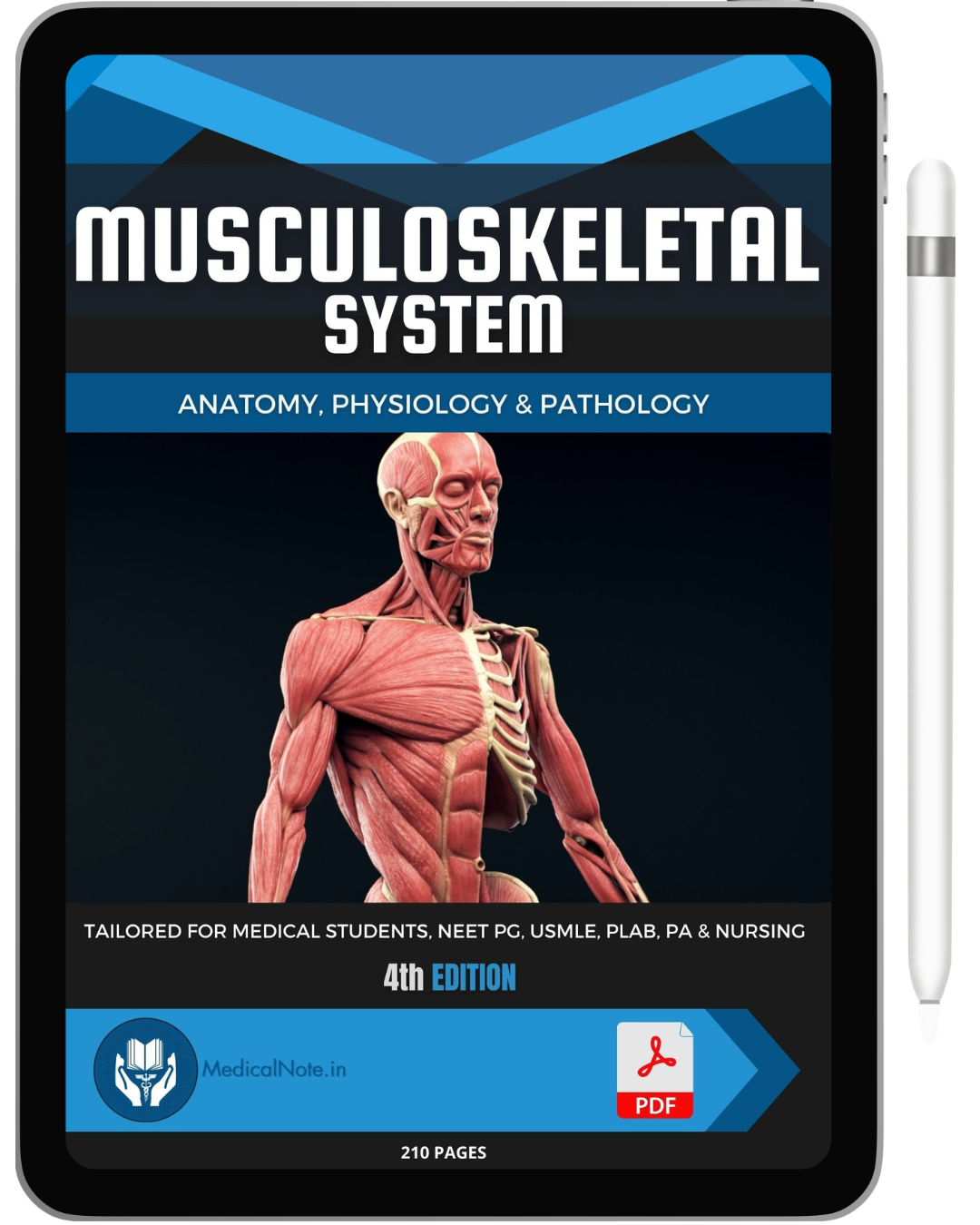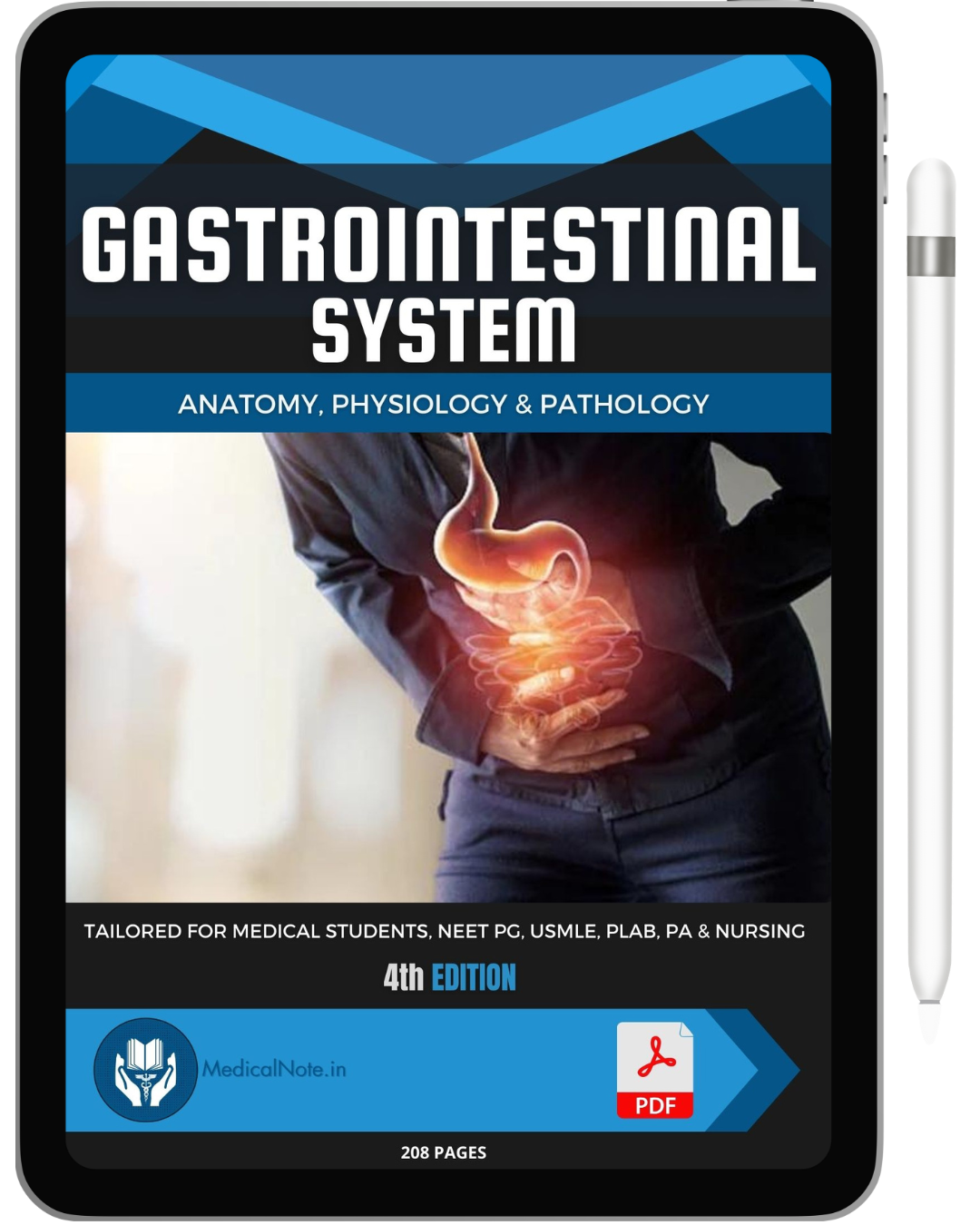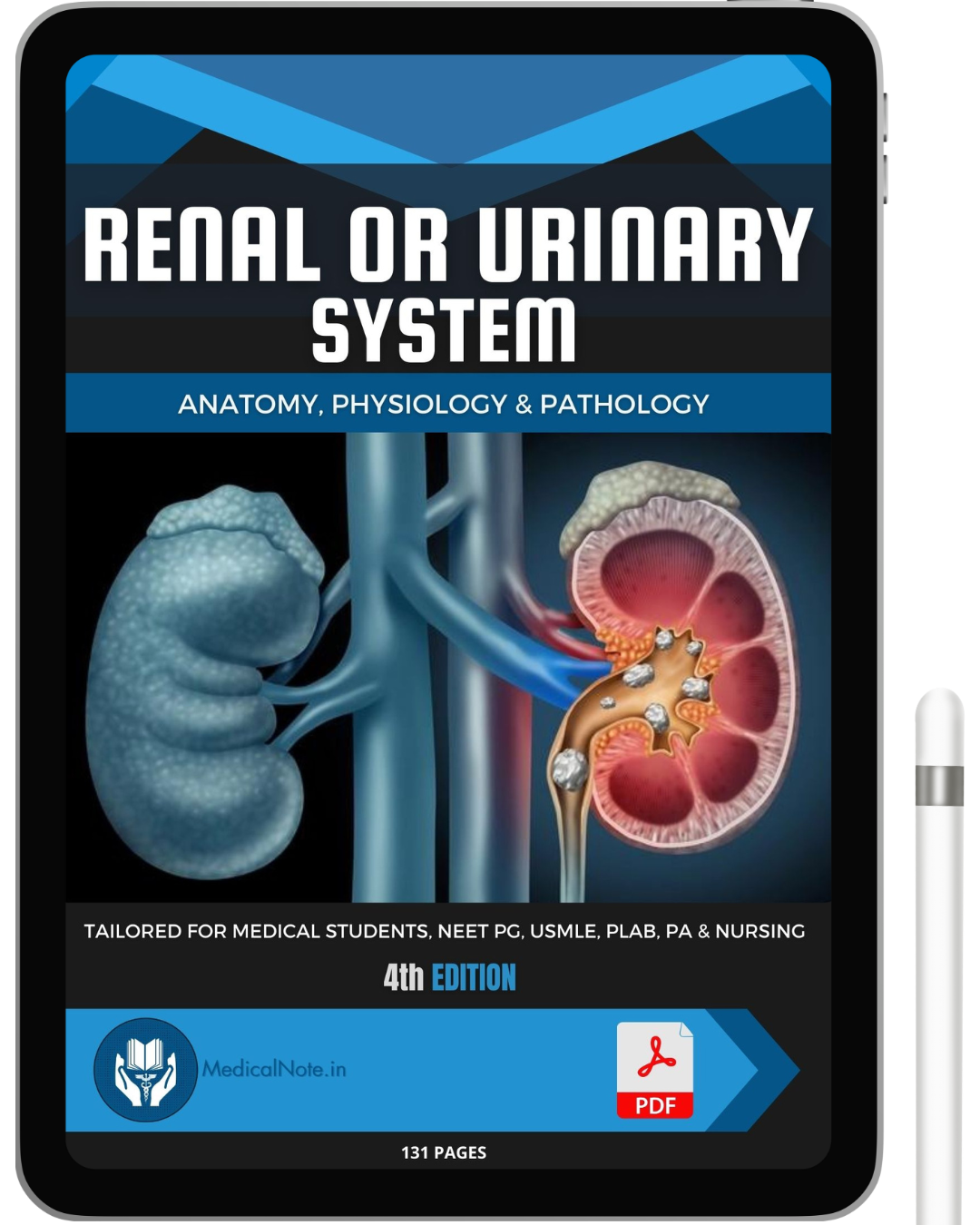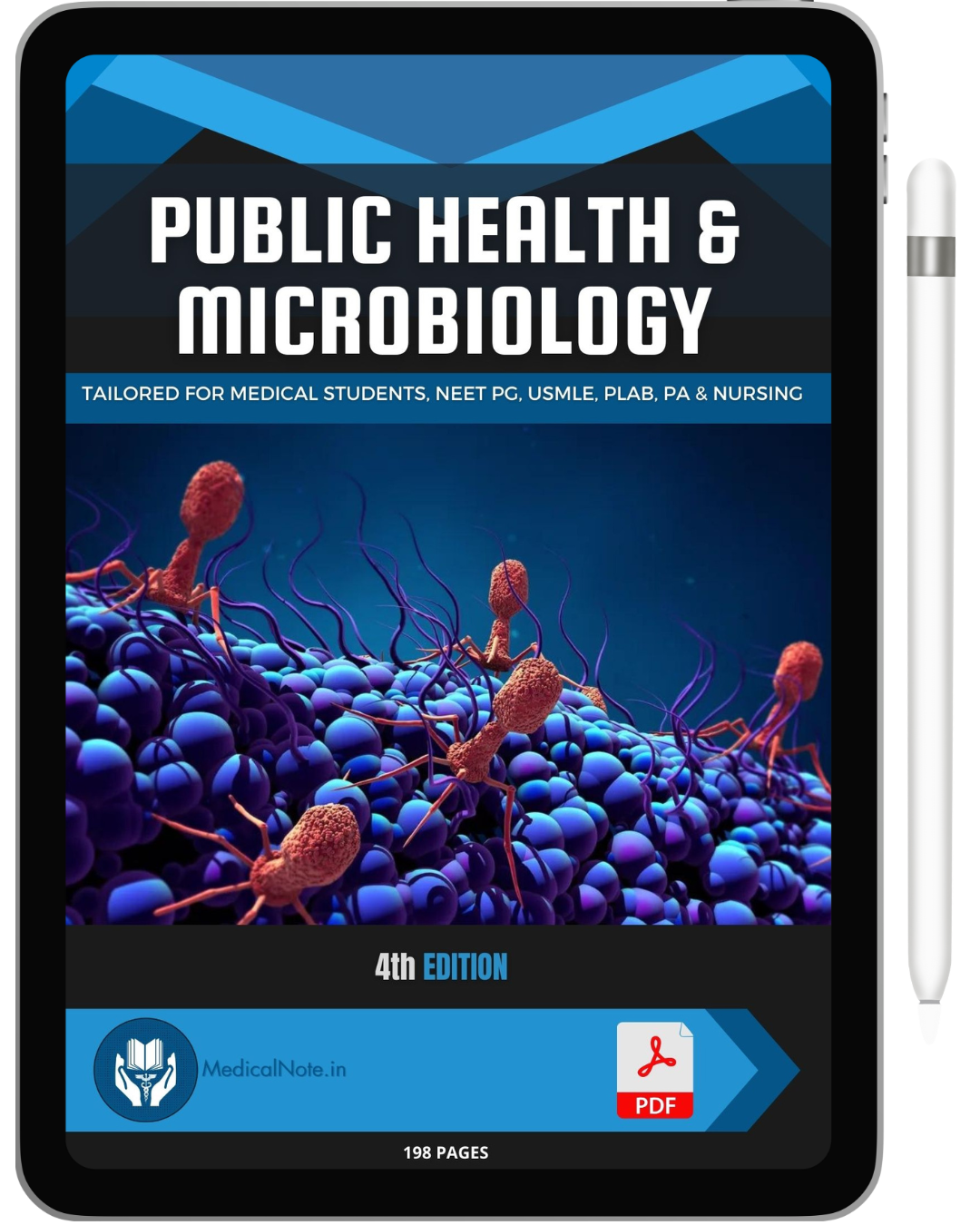The cytoplasm is the gel-like substance within the cell membrane that contains all the organelles and cellular components, excluding the nucleus. It plays a crucial role in maintaining cell structure and facilitating cellular processes.
Components of the Cytoplasm
- Cytosol: The fluid portion that contains water, salts, and organic molecules.
- Organelles: Specialized structures like mitochondria, ribosomes, and the endoplasmic reticulum.
- Cytoskeleton: A network of protein fibers that provide structural support.
Functions of the Cytoplasm
- Support: Maintains the shape and consistency of the cell.
- Storage: Stores nutrients and other essential substances.
- Transport: Facilitates the movement of materials within the cell.
- Metabolism: Site of many metabolic reactions.
Conclusion
A thorough understanding of the cytoplasm is crucial for medical students, as it is integral to numerous cellular functions and processes.


